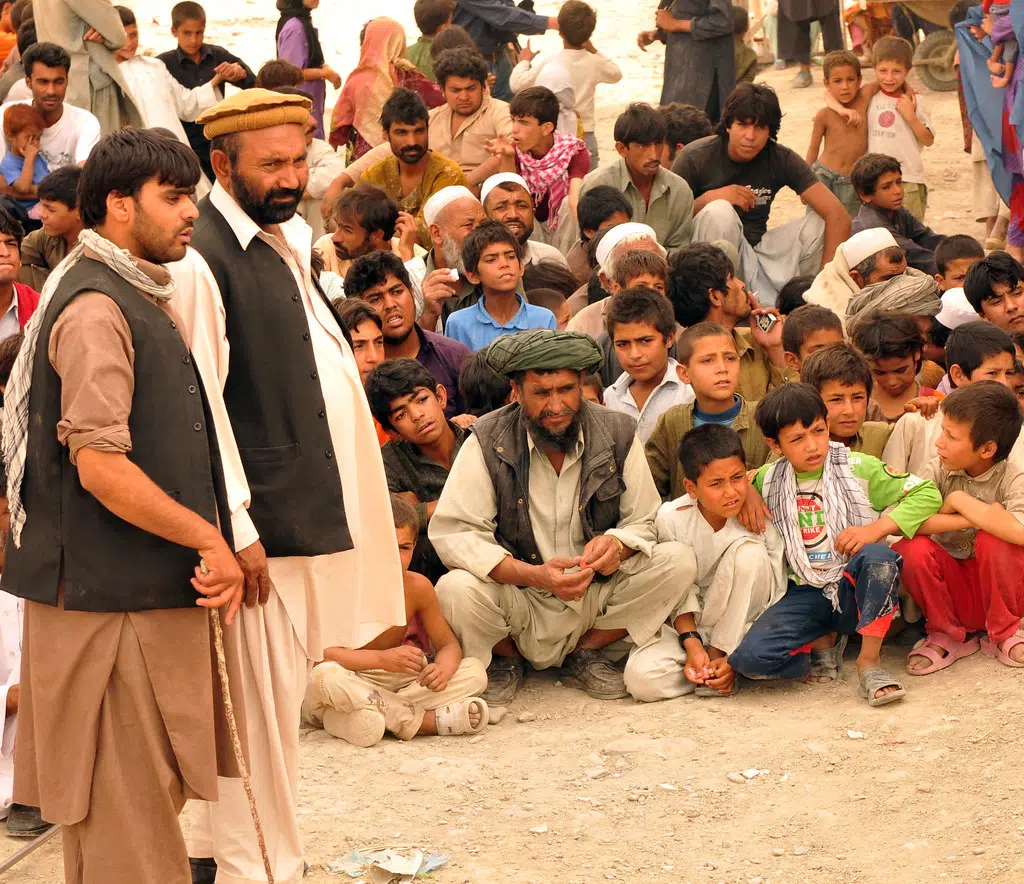When future students open their books in History class, it is likely that there will be an entire chapter dedicated to the U.S. occupation of Afghanistan and our subsequent withdrawal from the country.
Our occupation affected not only the men and women who served in the armed forces but also the Afghan citizens.
Many of those residents have come to the United States, some of which are now settling in Eastern Wisconsin.
We spoke with Catholic Charities of Green Bay who is taking care of that settlement process.
“We are a separate non-profit organization, and we are operating under the Diocese of Green Bay,” Catholic Charities Director Karmen Lemke explained. “We serve all people, and we provide all sorts of services to help people that are in need.“
Lemke told Seehafer News that they have a long history of helping refugees dating back to the 1970s.
“The most recent need with the Afghanistan situation came about in August when all of us became more aware of what was happening in the country,” she explained. “We were invited to be a community partner with our national organization, which is the USCCB, which stands for the United States Catholic Conference of Bishops, which is one of the nine national resettlement organizations.”
Their application was approved, and now, the real work begins.
Lemke said that “We anticipate at this time, settling up to 125 between now and mid to late February with initial resettlement support and then ongoing care and support after that.”
In fact, their first family of six arrived over the weekend, bringing their total number of people in their care up to 23 as of yesterday (November 9th).
As for where these people are staying Lemke said that is the first issue they address.
“Usually it’s a short-term housing solution until we can further asses their needs, and how long they want to stay here,” she explained. “That has come in the form of some creative partnerships with AirBNB homes, local University housing, individual apartments, to maybe hotels as a last resort.”
As of now, these men, women, and children are all staying in the Green Bay area to make caring for them easier on the caseworkers at Catholic Charities.
Lemke also told us that they have been working with many local employers to find jobs for the refugees, most of which are eager to begin working.
The Green Bay community has also been very supportive, both emotionally, and financially, which makes their job much easier.
We also spoke with Laurie Martinez, the Immigrant and Refugee Services Supervisor about what they are doing.
We will hear from her in an extended report tomorrow.











